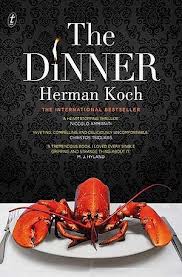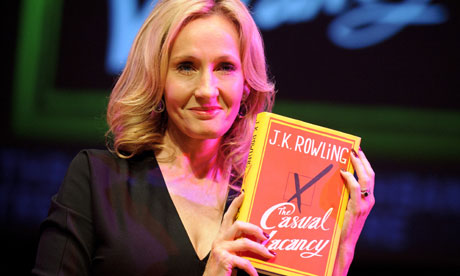 A darkly suspenseful, highly controversial tale of two families struggling to make the hardest decision of their lives – all over the course of one meal.
A darkly suspenseful, highly controversial tale of two families struggling to make the hardest decision of their lives – all over the course of one meal.
It’s a summer’s evening in Amsterdam, and two couples meet at a fashionable restaurant for dinner. Between mouthfuls of food and over the polite scrapings of cutlery, the conversation remains a gentle hum of polite discourse – the banality of work, the triviality of the holidays. But behind the empty words, terrible things need to be said, and with every forced smile and every new course, the knives are being sharpened.
Each couple has a fifteen-year-old son. The two boys are united by their accountability for a single horrific act; an act that has triggered a police investigation and shattered the comfortable, insulated worlds of their families. As the dinner reaches its culinary climax, the conversation finally touches on their children. As civility and friendship disintegrate, each couple show just how far they are prepared to go to protect those they love.
Tautly written, incredibly gripping, and told by an unforgettable narrator, The Dinner promises to be the topic of countless dinner party debates. Skewering everything from parenting values to pretentious menus to political convictions, this novel reveals the dark side of genteel society and asks what each of us would do in the face of unimaginable tragedy.
When I began to read this book I did find it a bit of a struggle. The story unravels itself whilst our characters are out for dinner and I fully expected the book to progress from there. Surely the entire book wouldn’t be written whilst sat at the dinner table? Would you believe it – it was! Hhmm, I was beginning to wonder whether I’d be able to manage the starters, let alone the main course and dessert, but I stuck with it and found myself relatively satisfied by the end of it.
Although we have a few characters the main protagonist seems to ramble on about the most insignificant details of day to day life, which started to get on my nerves. I was very close to putting the book down and calling it a day until a particular incident occurred that completely turns the book on its head and throws up many moral and parental issues. I was hooked – and I wanted to know what the outcome would be. Having said that, I do still find that the beginning was a real drag, yet my group seemed to have completely opposite opinions! Most of the group found the beginning to be the most interesting and only began to struggle towards the end, but on a whole, the majority really quite enjoyed it.
One of the things I love about book group is how my opinions can change once I listen to other viewpoints and opinions. After a few minutes of discussion I actually realised that there were quite a few areas of comedy peppered throughout the book which almost became lost in the uninteresting parts, but after a good discussion I began to think that this was a more interesting and humorous read than I’d first thought. It’s by no means badly written, but there are a few areas that leave you with more questions than answers, and certainly get you questioning your own moral judgement. As for our main protagonist we see his character and personality leaves a lot to be desired and quite frankly, he’s a bit of a weirdo. His wife, brother and sister-in-law leave a lot to be desired too, and some of the choices they make in the book leave you with a little less faith in the human race.
The characters do grow throughout the book, but the more you get to know them the more you tend to dislike them. As a group we found that some of the characters began to seem a bit on the unbelievable side, and some of the choices they made seemed a little callous and hard to believe that if found in that situation, this is what you would have done. The politician in the book (by all rights) should be the one who makes the selfish decisions – the decisions that further his career with minimal effort – but instead we find that he is the only one who can actually address the situation with clarity and a grim determination to do the right thing. As a group we discussed the implications of his actions and the effect this would have on his family and career. Would we have made the same decisions? Could we make those same sacrifices? Does human life mean so little to some people? Deep stuff, with some interesting answers!
Overall, this book was excellent as a book group choice as we managed to squeeze out some great points of discussion, and would definitely be a book to try if you’re looking for something completely different to the norm. Give it a whirl and see what you think for yourself. The worst that will happen is a slight twinge of indigestion, but hopefully you’ll manage to get to dessert without so much as a hiccup.


